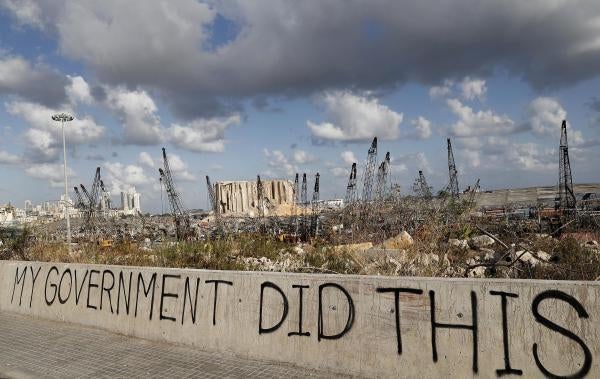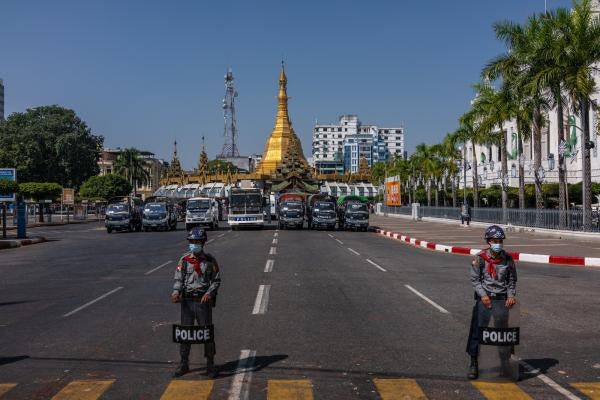The ruling Chinese Communist Party controls all Chinese social media companies.
You may think there’s a difference between public and private companies. Or you may want to believe that global players, attuned to customer and advertiser needs, can play by different rules.
But ultimately, it’s all the same: they are all subject to the Party’s rules.
This fact enables Chinese government interference – including misinformation, disinformation, censorship, and surveillance – that affects not only users based in China but around the world.
Take WeChat, for example. While its 1.3 billion users are primarily in China, the problem for the rest of the world comes when trying to communicate with someone inside the country. WeChat’s embedded vulnerabilities to state surveillance, censorship, and propaganda affect everyone regardless of where they are.
And then there’s TikTok, the video-driven social media platform increasingly preferred by young people around the globe.
As with many other social media, TikTok’s algorithm largely decides what users see. To be fair, TikTok has been comparatively more transparent in reporting on decision-making algorithms and content moderation than some major US tech platforms.
However, there is still no way for outsiders to know what information is being suppressed or promoted on TikTok due to Chinese government influence.
TikTok has repeatedly stated that the Chinese government has not asked it for overseas-based user information or to remove any content, and that if it ever did, the company would not comply. But such reassurances ring hollow given some past experiences.
For example, a 2019 Washington Post investigation showed there were few videos on TikTok concerning the Hong Kong protests, even though the largely youthled movement garnered massive international attention.
To counter the threat of Beijing’s interference online, governments around the world need to enact and enforce comprehensive data protection laws. They should also adopt regulations that require transparency from all social media platforms.
Social media companies have become important political actors with global reach. As users – and simply as people with fundamental rights – we should know what content they have censored or suppressed.









